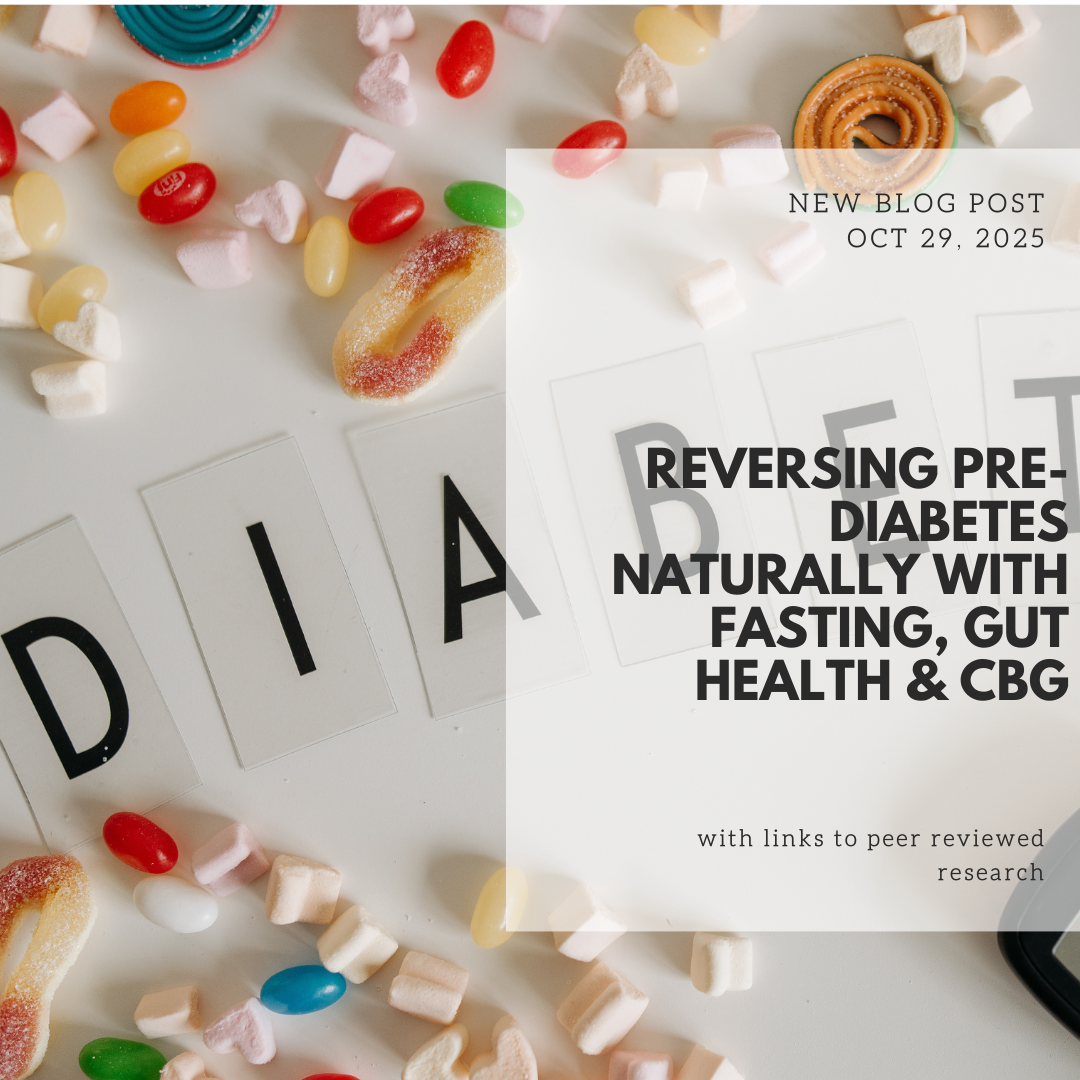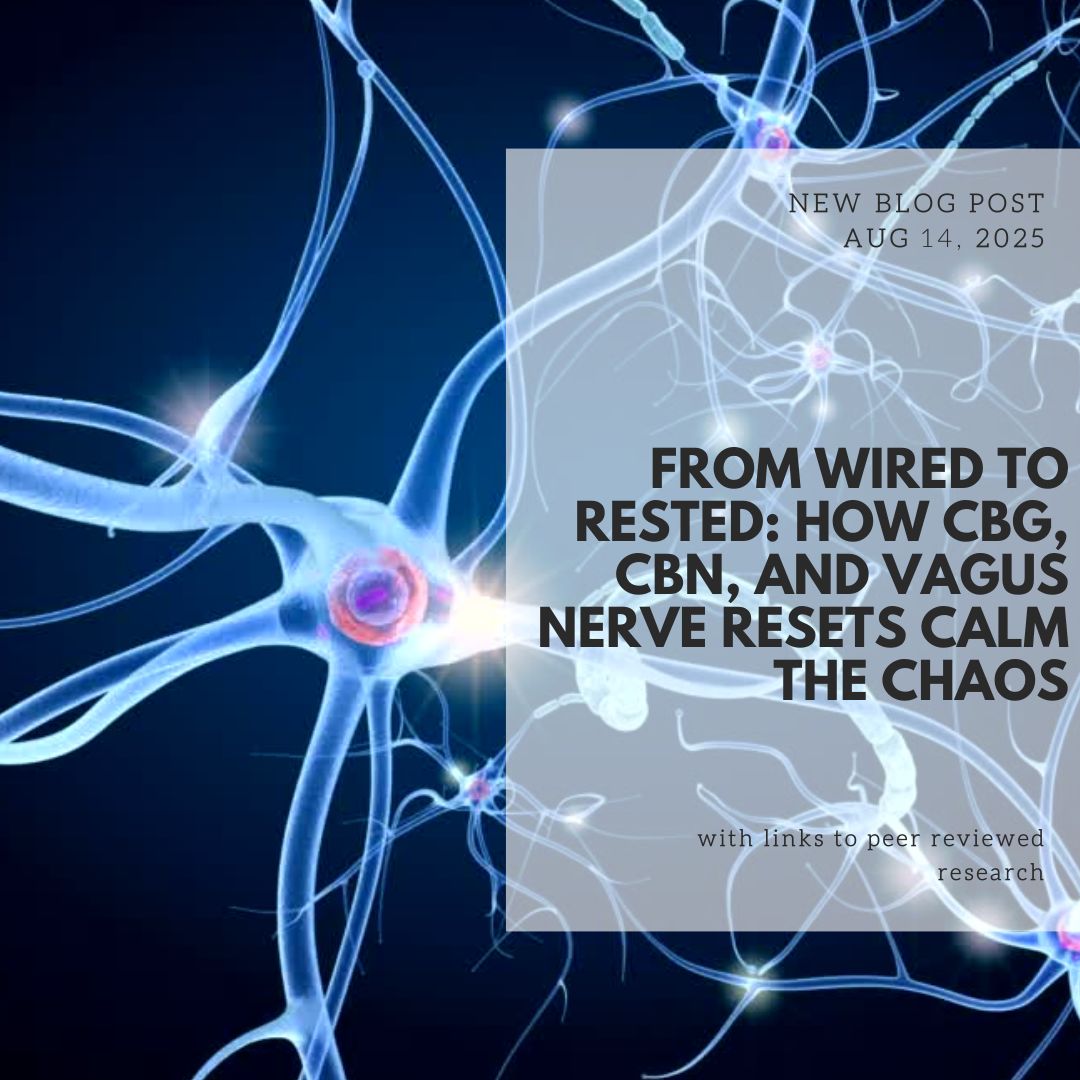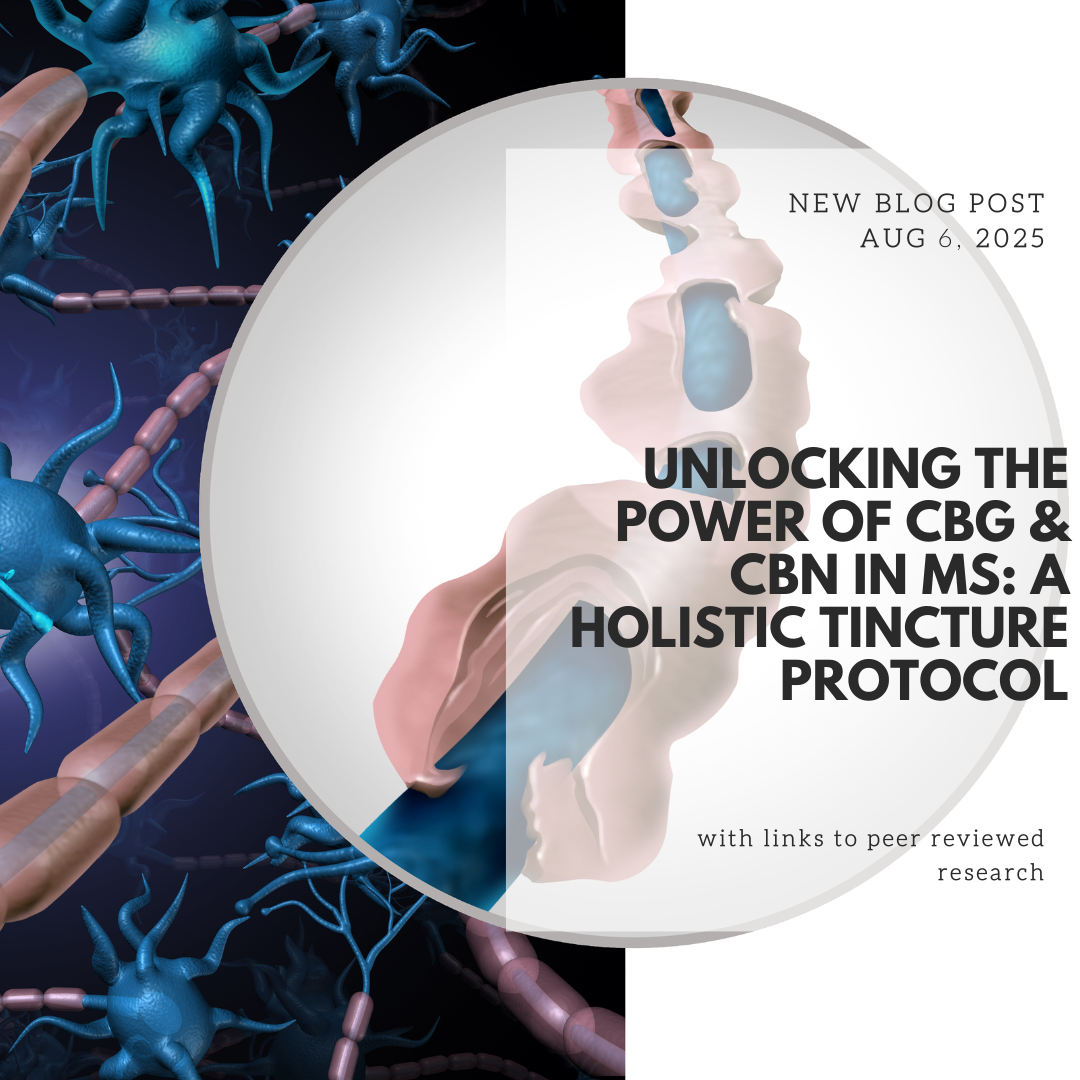Eat your vegetables, and CBD

As most of you know, if you are purveyors of our blog, the endocannabinoid system regulates numerous physiological processes, these not only include the standard pain sensation, inflammation, and sleep and wake cycles – it is also known to moderate intestinal function, glucose metabolism, and the stress response. A poorly regulated endocannabinoid system is implicated in metabolic and bowel pathologies and many other diseases, the consequence of dramatic changes in the diets of modern-day humans from those of our ancestors. Today’s blog discusses the different and mutually beneficial roles of the cannabinoid receptors—CB1 and CB2—as it pertains to energy metabolism, digestion, and the role of diet.
Hemp is not a stranger to our kind, known to be the first agricultural crop to ever be harvested over 12,000 years ago- providing fibers for cloth, paper, cordage, as well touted for its intrinsic value as a homeopathic resource for healing. With the onset of human civilization, a method to outfit and feed the growing number of citizens was integral for the onset of modern civilization. Thus, the birth of agriculture as we know it, and subsequently, food cultivation. But the high caloric and carbohydrate focus of food cultivation has led to an imbalance in the biological systems of modern humans whose evolutionary chain was for thousands of years based on a hunter gatherer diet rich in animal protein. As we know, carbohydrates get metabolized into sugar, along with the refined options readily available in that soda can in your fridge, we can see where the problems arise. Humans can survive on a wide variety of food, but this evolutionary imbalance has been an unfortunate causality in the current obesity and diabetes epidemic.
CB1 receptors are present in all mammals, located in the brain and central nervous system, they are even present in the taste buds. When cannabinoids bind to the CB1 receptors, this can cause boosted appetite, “the munchies,” heightened sense of smell, as well as increased energy intake and decreased energy expenditure. A perfect cocktail for early humans whose survival fight or flight mechanism was tested daily. CB1 Receptor signaling is also proven to reduce traumatic or negative memories and anxiety at the level of the central nervous system to maintain homeostasis. This helped early humans survive after excessive physical exertion.
Clearly, there were no obese hunter gatherer humans, cardiovascular disease and metabolic issues are also confined to modern humans. It can be summed up in two words - we lazy. We no longer have the physical survival demands we once did. Excessive consumption of high-energy (sugar rich) food without physical activity is the main contributor to obesity.
Whereas CB1 receptors promote appetite and food consumption, CB2 receptors tend to inhibit food intake.
Expressed primarily in immune cells, fatty tissue, and the peripheral nervous system, CB2 receptors are known to have anti-inflammatory effects in various disease studies. Noting that obesity is a low-grade inflammatory condition, having a balanced endocannabinoid system leads to CB2 receptors having a protective role in diet-induced metabolic diseases. Research indicates that CB2 receptor activity can prevent diabetes-associated peripheral neuropathy and pro-inflammatory obesity. CB2 signaling is also known to protect against brain damage from strokes, concussions, and neurodegenerative ailments. Dietary metabolites from spices, such as turmeric and vegetables enhance the reactionary activity of CB2 receptors and may also provide adaptive metabolic advantages that counteract inflammation. Eating green leafy vegetables and spices rich in beneficial essential oils may even help prevent the metabolic stress induced by excessive carbohydrate intake.
The research clearly shows a diet high in fresh vegetables, healthy fats and less sugar coupled with a steady intake of CBD will conclusively help the human body mitigate the effects of over-indulgence which can lead to diabetes, obesity and other metabolic malignancies.
REFERENCES:
- Anti-inflammatory cannabinoids in diet: Towards a better understanding of CB(2) receptor action? - PubMed (nih.gov)
- Dietary ω-3 Polyunsaturated Fatty Acids Inhibit Tumor Growth in Transgenic Apc Min/+ Mice, Correlating with CB1 Receptor Up-Regulation - PubMed (nih.gov)
- Modulation of fear memory by dietary polyunsaturated fatty acids via cannabinoid receptors - PubMed (nih.gov)
- Dietary docosahexaenoic acid supplementation alters select physiological endocannabinoid-system metabolites in brain and plasma - PubMed (nih.gov)
- Endocannabinoid signaling and synaptic function - PubMed (nih.gov)












Leave a comment